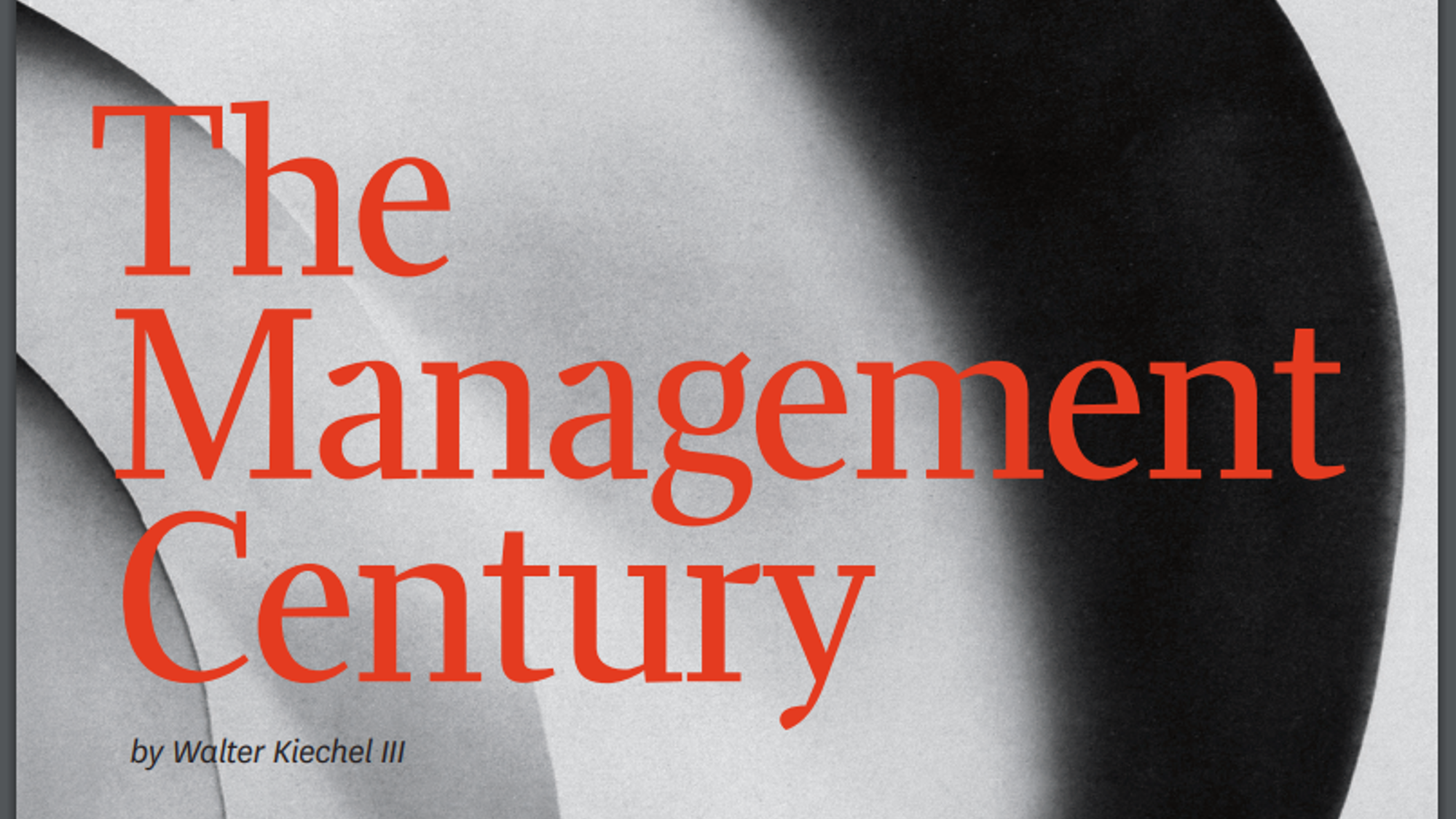Michael Carney will present 'Management’s Inception: Creating a More Conscious Learning Environment' at a national conference.

Michael Carney, a graduate assistant in the Master of Business Administration program, has been chosen to present his research at a national conference.
This fall, he presented his work, “Management’s Inception: Creating a More Conscious Learning Environment,” virtually at the Eastern Council of Business Schools and Programs, a regional division of the Accreditation Council for Business Schools and Programs.
Carney will present his work in June 2021 at the ACBSP national conference. Dr. Edmund Matecki and Dr. Kentaro Murayama, economics professors at Cal U, will also present their research, “Developing Leadership Skills Through Assessment,” at the event.
Their research describes the student learning outcomes processes as part of the ACBSP accreditation process and how the continuous improvement process has led to a greater focus on leadership skills.
In 2019, 14 degree programs in Cal U’s Department of Business, Economics and Enterprise Sciences were newly accredited by the ACBSP, the only organization offering specialized business accreditation for all degree levels.
Carney worked with Dr. Elizabeth Jones as she designed the new core management course in the MBA program.
“We want to challenge our MBA students to think broadly,” Jones said. “A big concern in that we are preparing graduate for jobs that don’t exist yet. How do you design a course that is interesting and engaging today that also applies to an unknown future?”
Carney used his undergraduate minor in history from Cal U in 2019 to delve into long-standing management theories to determine what principles still apply.
“We know that some long-held management theories come from the perspective of American and European white men in the early 20th century,” Jones said, “so we are looking at different social times and concerns. People didn’t understand environmental impacts of innovations and industry. For example, the workforce in 1918 was vastly different from today. Manual labor pervaded and while women comprised 20 percent of the workforce, they were often relegated to domestic service, sweatshops, and subordinate.”
Carney’s task was to identify the important thinkers and build a framework for a class discussion that considers traditional business theories and which concepts still apply today.
“History values primary sources, but in management, we don’t often get to see the actual writings of the people we learn about,” Carney said.
He considered the theories of Frederick Winslow Taylor, who sought to improve industrial efficiency. “But he also felt employees were underworked and overpaid, he promoted child labor, made fun of immigrant workers at times and felt women were a distraction to the working man.”
“Mike loves history, so he just went in and wallowed in the material,” Jones said. “He found stuff all over the place, and he went places I never expected him to go.”
As he prepares to graduate in December, Carney reflected on this project and he experience as a graduate assistant.
“It’s a resume item for sure,” he said of the opportunity to present at a national business conference. “My perspective has changed as a result of this graduate assistantship. Things that were dauting before I am more bold about now. I’m not apprehensive to take up a challenge, because I’ve had the opportunity here to do big, challenging things.”
